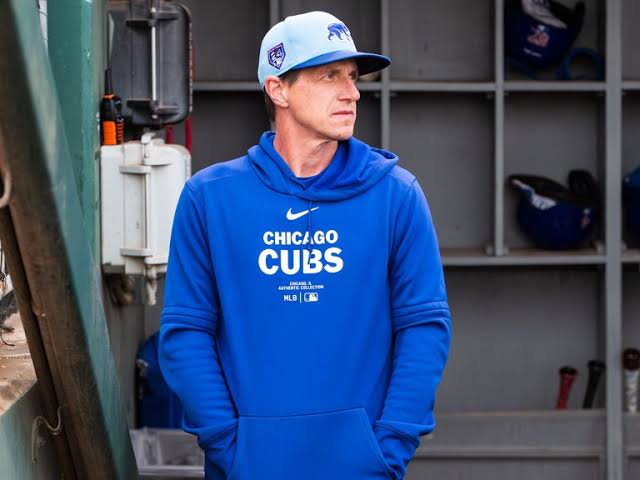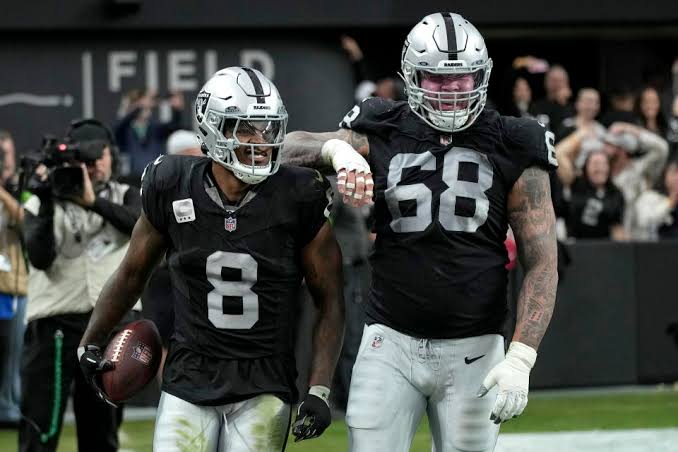Dodgers Spending Spree: LA Rewrite Record Books with…
Blake Snell’s introductory news conference took place amid commotion. The two-time Cy Young Award winner sat behind a dais in the right-field corner while bulldozers and cranes dotted Dodger Stadium’s playing surface, excavating massive piles of dirt to make room for new batting cages and clubhouses that will soon outfit the old ballpark’s interior, a renovation that will cost tens of millions of dollars.
These days, it seems, the Los Angeles Dodgers don’t even blink at the cost. A franchise that was already among the sport’s wealthiest has elevated into an even higher financial stratosphere, a reality made obvious by recent business.
Snell’s contract represents the Dodgers’ fourth nine-figure addition in less than 12 months, occurring one offseason after deals for Shohei Ohtani, Yoshinobu Yamamoto and Tyler Glasnow. Tack on Mookie Betts, Freddie Freeman and Will Smith, and those are seven nine-figure contracts totaling more than $2 billion in guaranteed money on one roster — nearly half of which is deferred through 2046. And though they are not looked upon as favorites for Juan Soto, sources familiar with the process say the Dodgers made a highly competitive offer to the superstar outfielder who is expected to sign for more than $600 million — simply because they can.
All of it has coalesced into outrage from fans outside of L.A., triggering claims that the Dodgers have exposed some sort of loophole. That they’ve rigged the system. That they’ve broken baseball. Asked if that is indeed the case, president of baseball operations Andrew Friedman smiled politely, his attempt to hide the indignation felt by the Dodgers’ principal decision-makers when presented with that narrative.

“I think,” Friedman said, “we’re rewarding our incredibly passionate fans.”
Friedman spent much of his Tuesday availability fielding questions about the inordinate amount of the deferrals sprinkled throughout his payroll. With Ohtani, Betts, Snell, Freeman, Smith, Tommy Edman, Teoscar Hernández and J.D. Martinez, the latter two not currently on the team, the Dodgers owe eight players a little more than $1 billion in deferred money from 2028 to 2046. The next-closest teams, the New York Mets and the Boston Red Sox, owe $137 million and $130.5M in deferred payments, respectively, according to numbers compiled by Spotrac. No other team has more than $50 million deferred.
Friedman, hired 10 years ago to oversee the Dodgers’ baseball operations department, downplayed the role of deferrals in the team’s strategy, calling them “a lever” to find “overlap” in negotiations while adding that there is “no hard-and-fast rule” toward the concept.
“I think the Shohei one is just jarring to people because it’s so different, and I think the others just unfairly get lumped into that,” Friedman said. “But I think it’s kind of a lazy narrative.”
The Dodgers didn’t include deferrals in Yamamoto or Glasnow’s contracts. Their initial offer to Snell, sources said, was straightforward, with deferrals only tacked on later as a mechanism to get the guarantee to a higher place. But while it’s true that more than half of the team’s total is made up of the $680 million that is deferred on Ohtani’s $700 million deal, the Dodgers will also owe Betts ($115 million deferred), Snell ($66 million), Freeman ($57 million), Smith ($50 million) and Edman ($25 million) significant amounts of money after their contracts expire.






